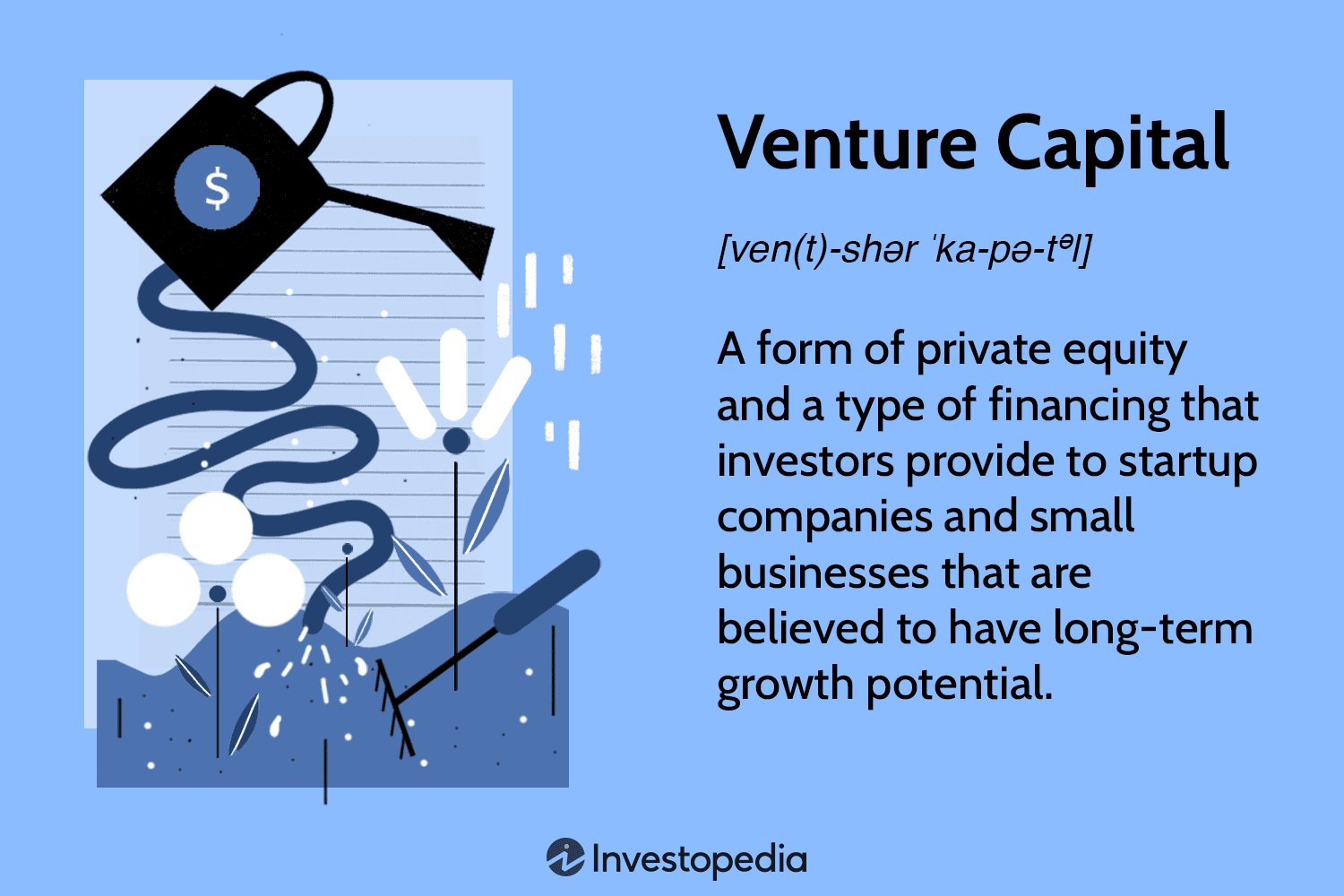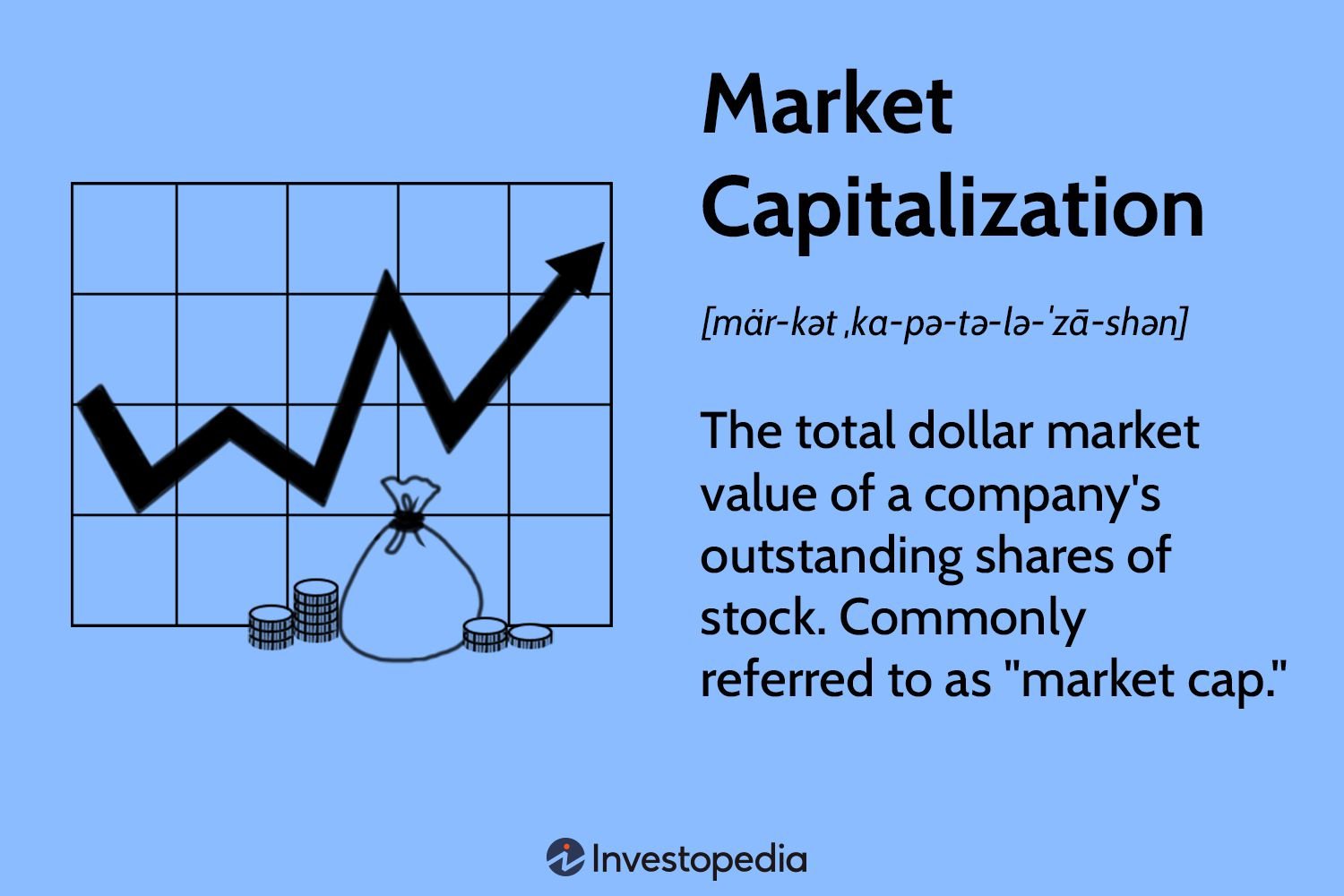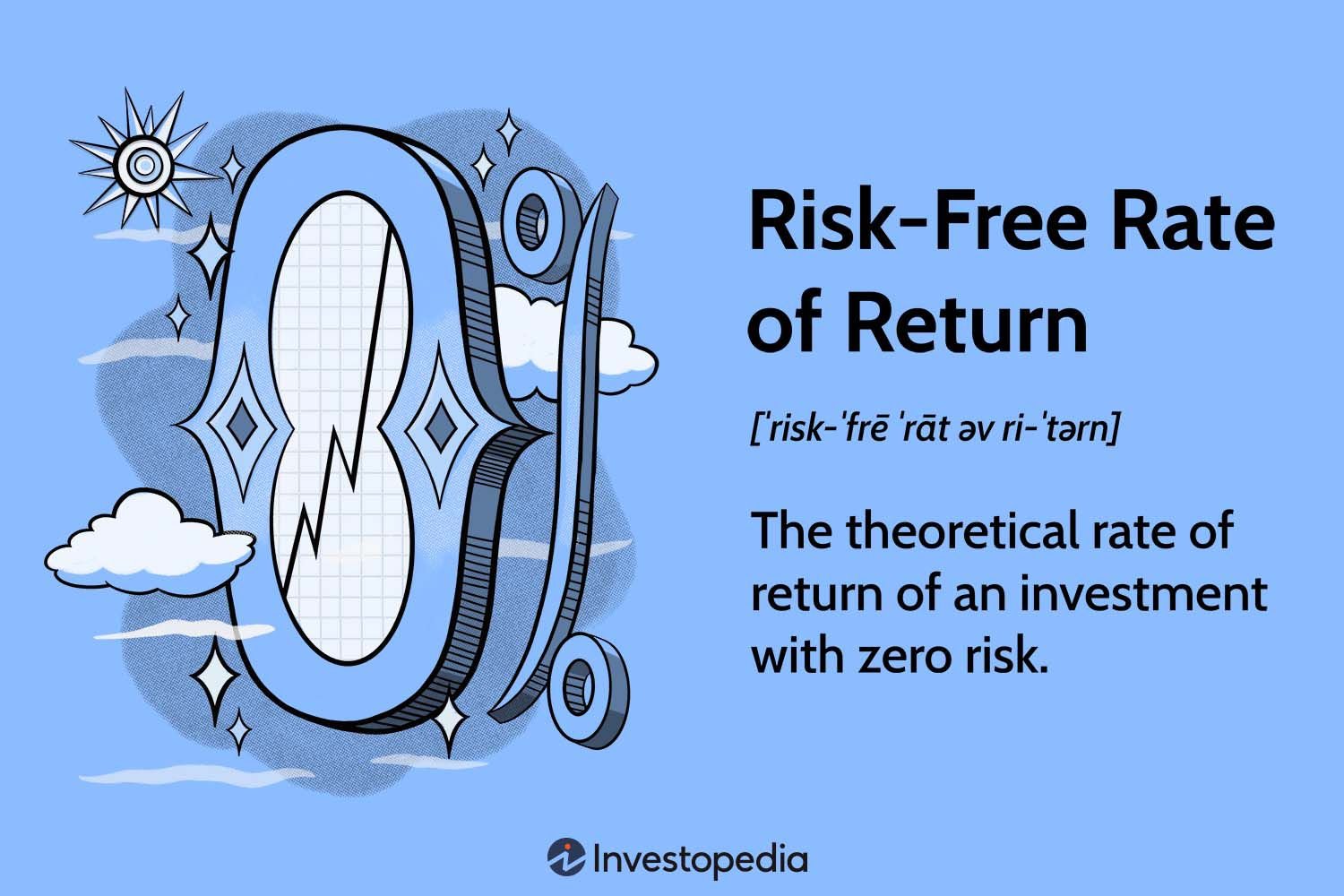Venture capital can play a pivotal role in the success of startups. How exactly does it work? Venture capital involves investors providing funding to early-stage companies in exchange for equity or a stake in the business. This infusion of capital allows startups to fuel their growth, expand their operations, and accelerate their development. Understanding the role of venture capital in startups is crucial for entrepreneurs looking to take their business to the next level. In this article, we will delve into the inner workings of venture capital and explore its significance in the startup ecosystem. Let’s dive right in!
Understanding the Role of Venture Capital in Startups
Introduction
Venture capital (VC) plays a crucial role in the startup ecosystem by providing the necessary funding, expertise, and network to help early-stage companies grow and succeed. In this article, we will explore the various aspects of venture capital and how it impacts startups.
What is Venture Capital?
Venture capital refers to the investment made by individuals or firms in small, high-growth potential companies with the expectation of earning significant returns. Unlike traditional financing methods such as bank loans or personal savings, venture capital involves investors taking an equity stake in the startup, often in exchange for financial support and guidance.
Venture Capitalists (VCs)
Venture capitalists are the investors who provide capital to startups. They are typically experienced professionals with a deep understanding of the business world and a keen eye for identifying promising opportunities. VCs bring more than just money to the table; they also contribute their expertise, industry connections, and guidance to help the startups navigate challenges and scale up.
Startups and Venture Capital Funding
Startups, characterized by innovative ideas and high growth potential, often face significant hurdles in securing traditional financing. Banks and other financial institutions are often hesitant to provide funding to these early-stage companies due to their high-risk nature. Venture capital firms step in to fill this gap, allowing startups to access the necessary capital at various stages of their growth journey.
The Role of Venture Capital in Startups
1. Seed Funding
Seed funding is the initial capital provided to startups to get their ideas off the ground. This stage typically occurs when the business is in its infancy, with only a concept or prototype in place. Venture capitalists provide seed funding to help the entrepreneurs develop their product, conduct market research, and build a solid foundation for future growth. This crucial funding helps startups validate their business model and attract further investment.
2. Early-stage Funding
Once a startup has proven its concept and achieved some milestones, it may require additional capital to move to the next phase of growth. Early-stage funding, also known as Series A funding, is provided by venture capital firms to support the scaling of operations, expand the team, and further develop the product or service. This stage is crucial for startups to gain traction in the market and attract a larger customer base.
3. Growth-stage Funding
As startups continue to demonstrate growth and achieve significant milestones, they may require more substantial funding to reach their full potential. Growth-stage funding, also known as Series B and beyond, provides the necessary capital to scale operations, enter new markets, and invest in marketing and sales efforts. Venture capital firms at this stage often seek to maximize their returns and may play a more active role in strategic decision-making.
The Benefits of Venture Capital for Startups
Venture capital goes beyond financial support and offers a range of benefits to startups. Some of the key advantages include:
1. Access to Expertise
Venture capital firms bring valuable expertise and industry insights to startups. Their experience in scaling businesses and navigating challenges can significantly benefit entrepreneurs who are still learning the ropes. Startups can tap into this knowledge base to refine their strategies, make informed decisions, and avoid common pitfalls.
2. Extensive Network
Venture capitalists have established networks of industry professionals, potential partners, and other investors. Startups can leverage these networks to gain introductions, form partnerships, and access valuable resources. The connections facilitated by venture capital firms can open doors to new markets, customers, and talent.
3. Validation and Credibility
Securing funding from reputable venture capital firms provides startups with credibility and validation. Other investors, customers, and potential partners are more likely to take notice of a startup that has attracted venture capital funding. This validation can help startups gain trust and credibility in a competitive market.
4. Flexibility and Support
Venture capitalists understand the unique challenges faced by startups and provide flexible support tailored to their needs. They often take a long-term perspective and offer ongoing guidance as the startup grows. This support can range from strategic advice and mentoring to assistance with legal, financial, and operational aspects of the business.
Challenges and Considerations
While venture capital can be a game-changer for startups, there are also challenges and considerations to keep in mind:
1. Equity Dilution
Venture capital funding typically involves giving up a portion of equity in the startup. Founders need to carefully consider the trade-off between the funds received and the ownership stake they retain. Dilution of equity can impact decision-making power and control over the direction of the company.
2. Pressure to Perform
Venture capitalists invest with the expectation of significant returns within a specific time frame. Startups may face pressure to meet aggressive growth targets and milestones, which can create a high-stress environment. The focus on rapid growth and profitability may not align with the long-term vision of the founders.
3. Selection and Competition
Securing venture capital funding is a highly competitive process. Startups need to differentiate themselves, demonstrate a strong value proposition, and prove their market potential to attract investors. The selection criteria of venture capitalists can be stringent, making it crucial for entrepreneurs to refine their pitch and business strategy.
Venture capital plays a vital role in the growth and success of startups by providing the necessary funding, expertise, and network. From seed funding to growth-stage funding, venture capitalists support startups at different stages of their journey. The benefits of venture capital extend beyond mere financing, as startups gain access to valuable expertise, networks, validation, and support. However, entrepreneurs need to carefully consider the trade-offs and challenges associated with venture capital funding, such as equity dilution and performance pressure. Overall, venture capital remains an essential component of the startup ecosystem, driving innovation and fueling the growth of groundbreaking ideas.
If You Know Nothing About Venture Capital, Watch This First | Forbes
Frequently Asked Questions
Frequently Asked Questions (FAQs)
What is the role of venture capital in startups?
Venture capital plays a crucial role in startups by providing funding to early-stage companies in exchange for equity. It helps startups grow and scale their operations by providing capital, industry expertise, and valuable networks.
How does venture capital benefit startups?
Venture capital offers several benefits to startups. It provides the necessary funding to launch or expand the business, supports product development, and helps attract top talent. Additionally, venture capitalists often provide strategic guidance and mentorship to help the startup succeed.
What criteria do venture capitalists consider before investing in a startup?
Venture capitalists typically evaluate startups based on factors such as the team’s experience and capabilities, market potential, competitive landscape, and scalability of the business model. They also consider the startup’s unique value proposition and the potential return on investment.
What is the typical process for securing venture capital funding?
The process of securing venture capital funding usually involves several stages. It begins with the startup pitching their business to potential investors, followed by due diligence, negotiation of terms, and signing a funding agreement. The duration and complexity of the process can vary depending on the specific circumstances.
Are there any downsides to raising venture capital?
While venture capital can provide significant benefits, there are also potential downsides. Startups that raise venture capital often give up a portion of their ownership and control to investors. Additionally, the pressure to deliver rapid growth and returns can create high expectations and increased scrutiny.
What is the difference between venture capital and traditional bank loans?
Venture capital differs from traditional bank loans in several ways. Venture capital funding is typically provided by investors who take on higher risks in exchange for potential higher returns. Unlike bank loans, venture capital does not require collateral or fixed repayment terms, and the investors often take an active role in supporting the startup.
Can startups without a proven track record secure venture capital funding?
Yes, startups without a proven track record can still secure venture capital funding. While having a track record can enhance credibility, venture capitalists often invest in promising ideas and teams with the potential for high growth, even if they lack a proven history. A strong business plan, innovative ideas, and a compelling vision can attract venture capital investors.
Are there any alternatives to venture capital for startups seeking funding?
Yes, there are alternatives to venture capital for startups seeking funding. Some alternatives include angel investors, crowdfunding platforms, accelerators, and government grants. Each option has its own advantages and considerations, so startups should explore various funding sources to determine the most suitable fit for their specific needs.
Final Thoughts
Understanding the role of venture capital in startups is crucial for entrepreneurs seeking funding and growth opportunities. Venture capital serves as a catalyst for innovation, providing startups with the necessary financial resources and expertise to scale their operations. By investing in high-potential startups, venture capitalists take on risks in exchange for potential high returns. Additionally, venture capital firms often provide mentorship and guidance to help startups navigate the challenges of building a successful business. Overall, venture capital plays a vital role in fostering entrepreneurship and driving economic growth by fueling the growth of innovative startups.



